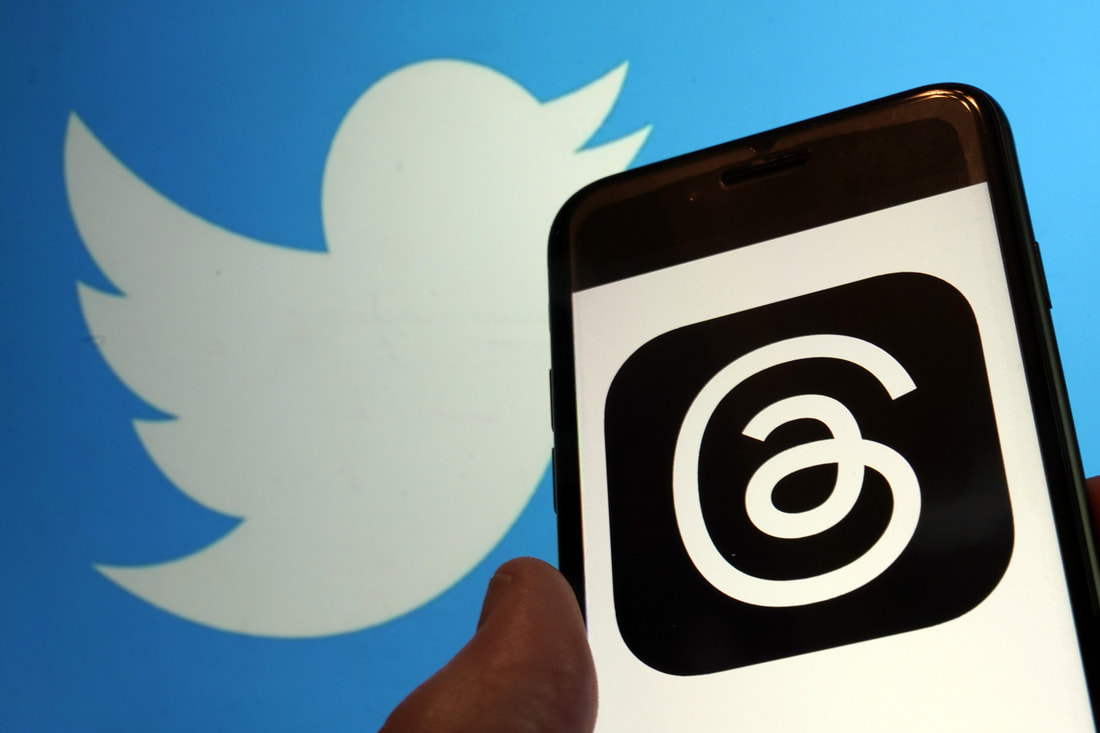|
Mark Zuckerberg’s new social media platform, Threads, designed by Meta to compete against Twitter, has been the most rapidly downloaded app ever. Receiving more than 30 million downloads in less than 24 hours with more than 150 million downloads to date, Threads is a resounding testament to how innovation and growth are fostered by competition in free markets.
Twitter has seen its ups and downs over the past decade, but things have become more volatile since Elon Musk bought the company last year. By imposing fees for blue check mark verification, a formerly cost-free symbol of authority reserved for authenticated public figures (rightly or wrongly, and I pay for the verification to receive the included benefits), Twitter became more pay-to-play, alienating some of its user base in the process. Then, recently, Musk implemented another paywall limiting tweet visibility, sparking widespread outrage. Combined with the app's roller coaster of breaks and bugs, these changes revealed ample opportunity for more competition. Following a mass exodus of Twitter users, the app’s former users have a new platform to use, and they’re eagerly taking advantage. Recognizing the desire for a less-restricted social media platform, Zuckerburg created Threads. Twitter’s decline parallels regulations that hinder voluntary exchange, frustrate consumers, and stifle economic growth. Sure, this result was self-imposed by Twitter, so it’s not as bad as government-imposed regulations, but similar privately-determined restrictions yield costly results. Entrepreneurs struggle to thrive when the natural flow of the market is restricted by bureaucratic red tape. Just as Twitter’s users were compelled to leave and the app suffered from feature problems, so are consumers and entrepreneurs in the free market discouraged to contribute when there are more hoops to jump through. When markets are allowed freedom to function, competition is encouraged, innovation is rewarded, and economic prosperity is propelled. Striking the balance between necessary oversight and a flourishing free market is essential. But on the whole, regulations give more power to the government and less to the people. This results in less opportunity for innovation and human flourishing. Is Thread’s early success due to Zuckerberg’s reputation and credibility? Possibly. But without the U.S. free market system of capitalism that makes it easier for entrepreneurs to start new ventures compared with anywhere else in the world, Threads’ popularity would not be possible. Capitalism rewards ingenuity, empowers individuals, and enables transformative innovations. As we witness the unfolding journey of Threads, it is an opportune moment to show gratitude for our free market system and recognize the importance of preserving that liberty. When we champion these values and discourage their inhibitors, including regulations and barriers to innovation, we’re keeping America’s entrepreneurial spirit alive. Threads is the current hot topic among inventions, but in the free market system of the U.S., who knows what could be next? Competition should be encouraged to improve customer satisfaction and provide more job opportunities. Originally published by Real Clear Policy.
0 Comments
Leave a Reply. |
Vance Ginn, Ph.D.
|


 RSS Feed
RSS Feed